The Future of NDIS: Exploring Emerging Trends and Innovations in Disability Services with AB Nurses
The future of NDIS (National Disability Insurance Scheme) is set to transform with Disability Services Innovation, embedding technological advancements and a person-centred approach. These emerging NDIS Service Trends are heralding a new era in support, where AB Nurses play a pivotal role in delivering personalised care and fostering inclusivity.
As the landscape of disability services evolves, the integration of mental health support and the utilisation of smart technologies are becoming key facets of AB Nurses' NDIS Support. This shift not only promises enhanced care outcomes but also underscores the importance of adapting to the changing needs and preferences of individuals with disabilities.
Technological Advancements in Disability Care
In the realm of NDIS, Assistive Technology (AT) stands as a beacon of innovation, offering tools and devices designed to enhance the independence and quality of life for individuals with disabilities. The NDIS supports AT that aligns with the reasonable and necessary criteria, ensuring that these innovations are accessible and appropriately funded. The classification of AT into low, mid, and high cost categories, with respective price points under $1,500, between $1,500 and $15,000, and over $15,000, streamlines the process for acquiring these essential aids. This categorisation is pivotal for both users and providers, guiding them through the different processes set by the NDIA for obtaining AT based on its complexity and cost.
The integration of Artificial Intelligence (AI) and the Internet of Things (IoT) into AT is revolutionising the way care is delivered within the NDIS framework. AI's role in personalising care through data analysis and predictive analytics offers a forward-thinking approach to addressing the evolving needs of NDIS participants. This, coupled with IoT's capability to connect everyday devices, enabling seamless data collection and sharing, paves the way for advancements like wearable technology for monitoring vital signs and smart home systems that promote independent living. Furthermore, the application of Virtual Reality (VR) for therapeutic use and Telehealth services exemplifies the dynamic integration of technology in enhancing disability care.
To safeguard the advancements in AT, cybersecurity measures are paramount, ensuring the protection of participant data as these technologies gain traction. The NDIA's development of a framework for AI-enabled AT, focusing on user experience, privacy, and security among other core domains, underscores the commitment to guiding the market development of these technologies. This initiative not only aims to match technologies to individual needs more effectively but also empowers end-users with the knowledge to make informed decisions about the AT that best suits their requirements. Through this framework, the NDIS is set to embrace a future where technology plays a central role in bridging gaps, improving efficiency, and ultimately enhancing the lives of those it serves.
Person-Centered and Empowered Decision-Making
Person-centered care places the individual at the core of their care journey, emphasising the importance of their unique needs and preferences. This method:
Involves significant others in the care process, ensuring decisions are made with the individual's best interests at heart.
Tailors the support plan to reflect the person's capabilities and what matters most to them, facilitating a valued contribution to their community.
Encourages an active collaboration between the individual, their family, and service providers, fostering shared decision-making.
Key elements of person-centered care include:
Asking the individual about their desires concerning their health and wellbeing.
Considering the individual's personality, likes, dislikes, goals, and social network in care decisions.
Adapting to the individual's changing needs through active listening by providers and health professionals.
Informing the individual about their care options, allowing them time to understand their choices.
The benefits of adopting a person-centered approach are manifold:
Enhances adherence to treatment plans and promotes lifestyle choices that boost wellbeing.
Leads to improved health outcomes and higher satisfaction with services.
Reduces the necessity for specialised care or hospitalisation.
Lowers stress levels while increasing empowerment and independence.
Person-centered care is particularly beneficial for individuals with dementia and intellectual disabilities, helping to reduce agitation and support workforce participation goals. Government-supported models like the NDIS and Consumer Directed Care empower participants to utilise their funding in ways that best suit their needs, aligning with the ethos of person-centered care. Platforms such as Mable further this approach by providing access to independent support workers, emphasising individual choice and control. This model not only respects and dignifies people with disabilities but also significantly improves outcomes by prioritising human connection and relationships. Through the NDIS, person-centered care in disability support ensures services are flexible, responsive, and tailored to the unique needs of each individual, exemplifying the shift towards a more inclusive and empowering care paradigm.
Integration of Mental Health and Comprehensive Support Services
The integration of mental health and comprehensive support services under the NDIS framework marks a pivotal shift towards a holistic approach in addressing the needs of individuals with psychosocial disabilities. Recognising the distinction between clinical and non-clinical supports, the NDIS focuses on funding supports aimed at improving functional ability and fostering long-term recovery, provided they are not clinical in nature. This delineation ensures that the NDIS complements rather than duplicates the mental health system's role in diagnosis, treatment, and rehabilitation.
NDIS Funded Supports:
Daily personal activities and household tasks
Transport assistance
Employment support
Development of behavior support plans
These supports are geared towards enhancing daily living, community involvement, and employment opportunities, focusing on what individuals can achieve with the right assistance. The NDIS's commitment to funding reasonable and necessary supports underscores its role in empowering individuals with psychosocial disabilities to lead fulfilling lives.
However, challenges persist, particularly in addressing the episodic nature of psychosocial disabilities and the potential for recovery. The current service provision model has been critiqued for insufficiently responding to these aspects, highlighting a need for a more recovery-focused approach. The gaps in mental health services, combined with a shortage of providers with psychosocial competencies, exacerbate these challenges, limiting access to essential supports. This situation calls for a shift towards investing in evidence-based psychosocial programs that rebuild engagement, skills, and independence, aligning with the principles of personal recovery.
Challenges and Gaps:
Lower community participation and employment among participants with psychosocial disabilities
Insufficient investment in supports for optimal outcomes
Lack of integrated care approaches with the public mental health system
Shortage of psychosocial supports outside the NDIS
Addressing these gaps requires a concerted effort to develop an early intervention approach, steward the market towards a recovery-focused model, and enhance collaboration with the mental health system. By fostering an environment that interprets disability as part of the diverse human experience, the NDIS can pave the way for more inclusive and effective support services.
The Role of Nurses in Shaping the Future of Disability Care
Nurses are pivotal in the NDIS sector, excelling in complex medical assessments and care planning. Their expertise is crucial for:
Medication Administration and Monitoring: Ensuring correct dosages and observing vital signs to prevent complications.
Advocacy and Coordination: Acting as a bridge between patients, families, and various healthcare professionals to ensure cohesive care strategies.
Emotional Support: Providing comfort and understanding to individuals with disabilities and their families, enhancing the care experience.
Moreover, nurses significantly impact those with high care needs by:
Direct Medical Care: Addressing immediate health concerns and managing ongoing conditions.
Emotional Support: Offering empathy and understanding, which is vital for mental well-being.
Care Coordination: Ensuring that all aspects of a participant's care plan are implemented effectively.
Nurses also play a crucial role in training support workers and delegating tasks within NDIS disability services, ensuring that care is both comprehensive and tailored to the individual's needs. The NDIS funds disability-related health supports based on a direct link to the participant's disability, following principles that guarantee reasonable and necessary supports. These supports are categorised into low, intermediate, and high levels, reflecting the complexity and number of disability-related health support areas required. Nurses are instrumental in preventing complications and ensuring that patients receive coordinated care, embodying the NDIS's commitment to providing holistic and person-centred support.
The journey through the evolving landscape of the NDIS, with its focus on integrating technological advancements and a person-centred approach, illuminates a promising horizon for individuals with disabilities. The pivotal role of AB Nurses in harnessing these innovations underlines the commitment to enhancing quality of life through personalised and inclusive care. From the groundbreaking integration of Assistive Technology and Artificial Intelligence to the nurturing of person-centred care and mental health support, the advancements signal a transformative era in disability services. These strides not only promise to make daily living more accessible and gratifying for individuals with disabilities but also emphasise the critical importance of adapting to their unique needs and preferences.
As we forge ahead, the imperative to address existing challenges and gaps within the system remains. The demand for recovery-focused models, early intervention strategies, and seamless integration with mental health services calls for concerted efforts from all stakeholders. The future envisaged by the NDIS, robustly supported by skilled and empathetic nurses, is one where disability is recognised as a part of the diverse human tapestry, fostering a society that values inclusivity, autonomy, and empowerment. By continuously evolving and adapting, the NDIS is set to redefine the parameters of disability care, ensuring that every individual's journey is marked by dignity, respect, and an unwavering commitment to their wellbeing.





